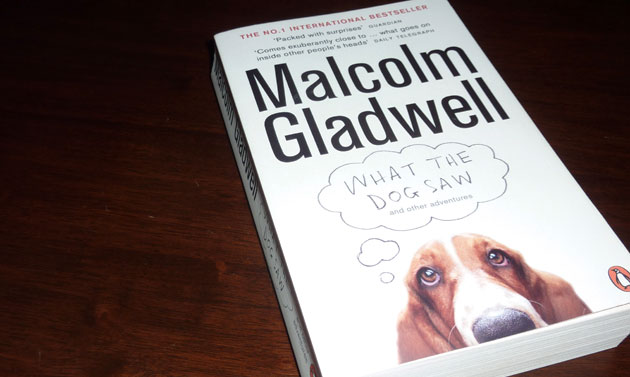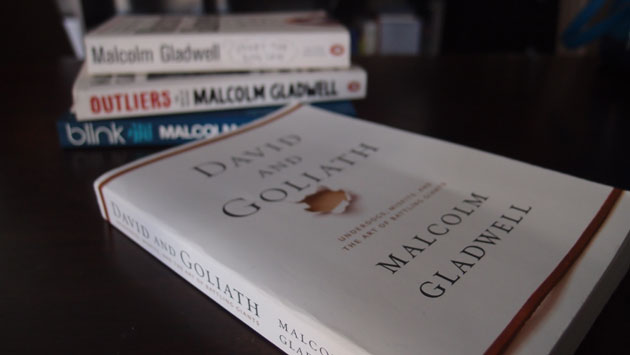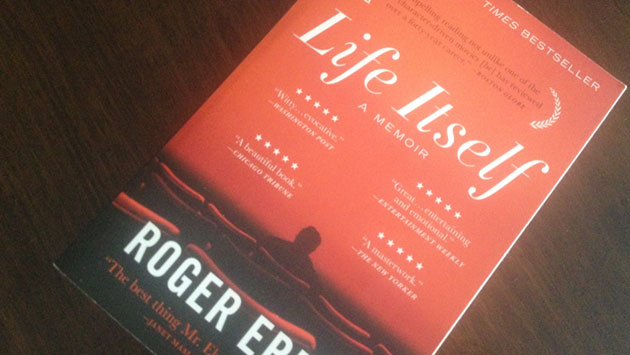When I was visiting some friends in London last year, a boyfriend of a friend recommended an author to me by the name of Malcolm Gladwell. At the time, I was appallingly drunk and had to ask him to repeat the name of the author no less than seven times. After that, it must have stayed in some dormant part of my memory. About five months later, I was browsing a bookstore back in Brisbane and spotted the author’s name which triggered the memory.
I’m glad that guy, who’s name I forget, told me about Malcolm Gladwell because this was one of the most enjoyable reads I’ve had in ages. I talk about excerpts from the book all the time and it’s challenged me to rethink and reassess how I approach my job. How many books can you say that about?
What The Dog Saw [2009] is a series of articles published originally in The New Yorker by this guy Gladwell. The articles are divided into three subsets. Obsessives, Pioneers, and other varieties of Minor Genius studies various people who excel in their line of work. Theories, Predictions, and Diagnoses is a pretty self-explanatory section that explores a range of true stories that are thematically tied together by concepts of hypothesis. Lastly, Personality, Character, and Intelligence explores various sociology topics such as talent recruitment and personality profiling.
Some of the content in this last section of the book around job interviews and developing people’s skillsets were directly relatable to my line of work as a people manager. That said, I found the whole book to be a wonderful assortment of concepts that challenge the way you think. Gladwell’s study of people who achieve great things or unusual real life events that warrant exploring in depth are not groundbreaking ideas as such. What makes his writing so good however is that he has a knack for articulating the mentality and thought process behind ‘out-of-the-box’ behaviour which can be very difficult to do. And he achieves it using clear and relatable language that makes subject matter as obtuse as ketchup taste testing and hair dye advertising seem interesting and relatable.
You don’t actually have to take my work on how good this book is. You can read all the chapters from the book online. For free. Gladwell’s archive of The New Yorker articles can be found here. You can find the aforementioned ketchup article here.
I look forward to reading more of Gladwell’s work in future. For now however, I’m moving onto Water For Elephants a book by Sara Gruen.
 The FAT Website est. 1999
The FAT Website est. 1999






